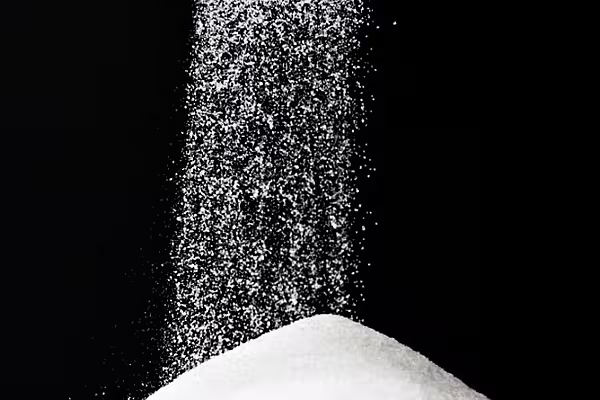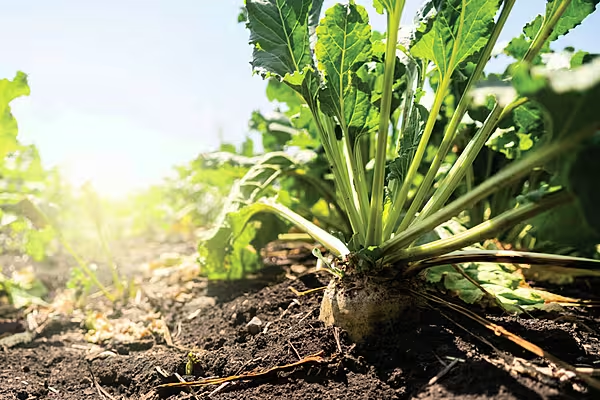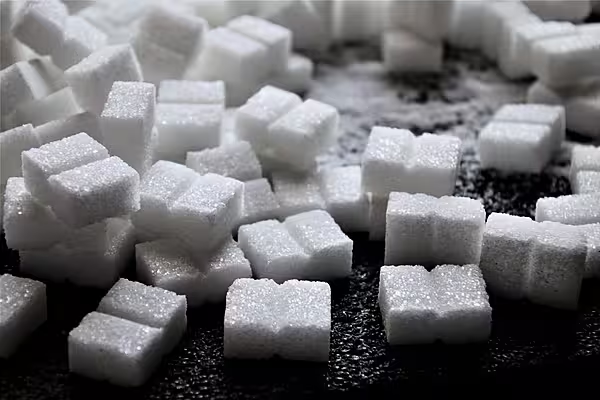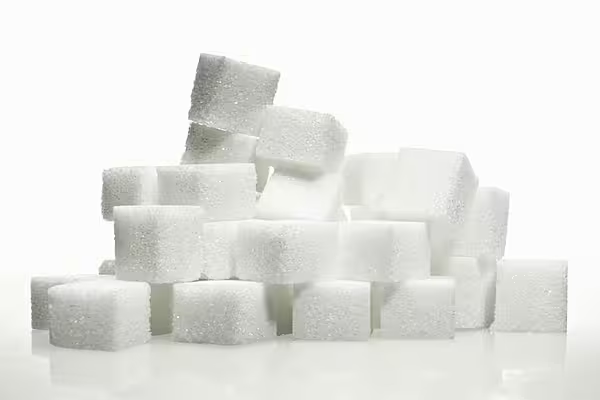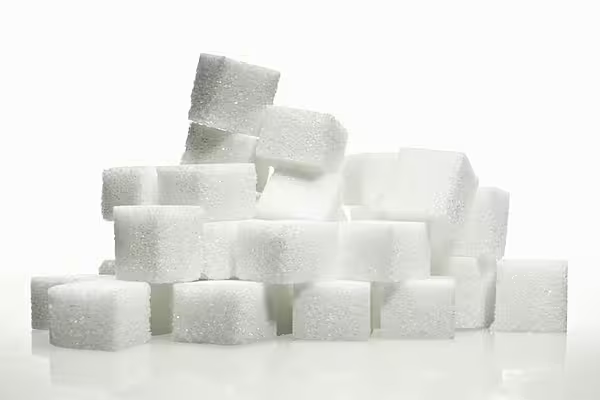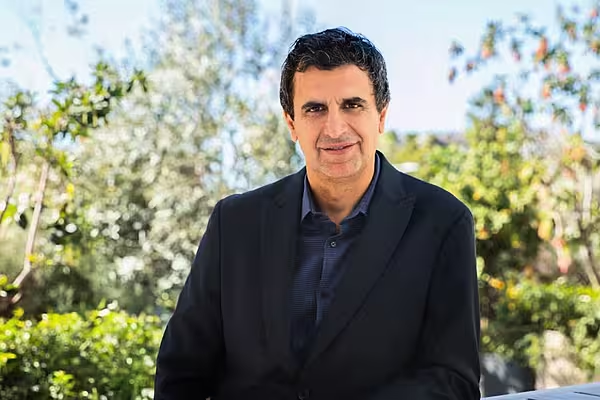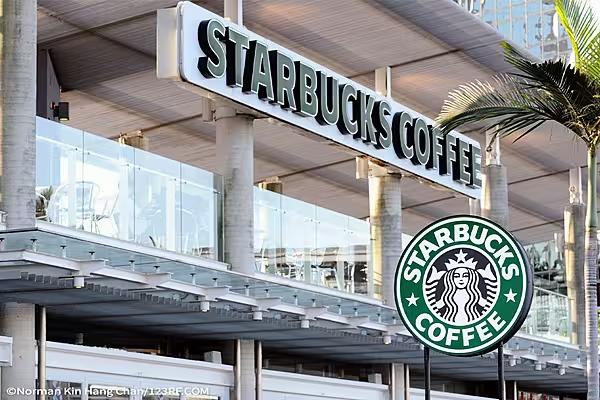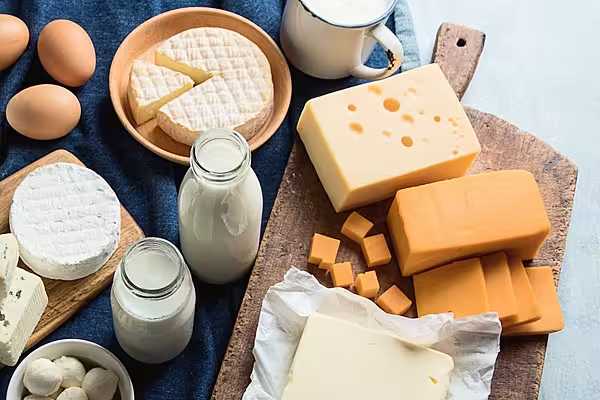Soft drink producers in Italy have reduced the sugar in their products by 20%, in the period between 2008 and 2016 - an equivalent of 68,277 tonnes of sugar.
The data has been released by Assobibe-Confindustria, the Italian association of non-alcoholic beverage manufacturers.
In the same period, the caloric content of soft drinks has also been reduced by 22.5% (equal to -264.2 billion kcal), while the availability of reformulated products (with reduced or no calories) has increased by 41%.
Some of the measures taken in past years to reduce sugar and caloric intake are reduction in portion sizes and the introduction of re-closable packaging to enable consumption on several occasions.
Producers have also included additional nutritional information per portion, highlighting the percentage intake with respect to the average daily nutritional values.
In addition, promotions and prize events that lead to excessive consumption have been avoided, while advertising and promotions targeting consumers under 12 years of age and direct sales in schools have been eliminated.
Letting Customers Choose
Commenting on the results, Assobibe general manager David Dabiankov said that the industry has respected the commitments made to the government, enabling customers to choose between the traditional version and those with less or no sugar.
In fact, Italy is in 23rd place in the EU with an average consumption of 40 litres/head of carbonated drinks, a figure far below the European average of 67.1 litres. This equals to a third of the consumption of Mexico (146.5 litres) or the US (125.9 litres).
In a recent interview for the Adn Kronos news agency, Dabiankov warned of a profound crisis for the non-alcoholic beverage sector in Italy, which has a turnover of €1.9 billion and accounts for 0.8% of GDP.
He pointed out that the strong decline is a result of the economic crisis and changes in consumer habits. Sales reached their lowest point in 2016 with a -4.63% compared to the previous year, while there was a slight recovery in the second half of 2017, thanks to the hot summer.
On top of the drop in sales, the beverage sector suffers from high taxation, with non-alcoholic drinks hit by one of the highest VAT rates in the EU at 22%.
© 2018 European Supermarket Magazine – your source for the latest retail news. Article by Branislav Pekic. Click subscribe to sign up to ESM: The European Supermarket Magazine
